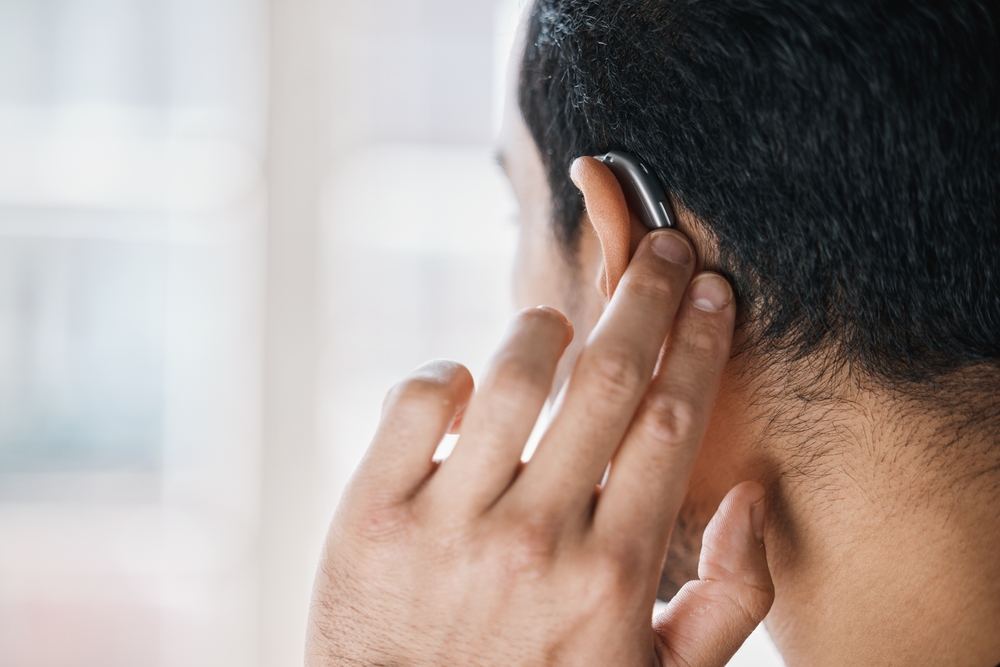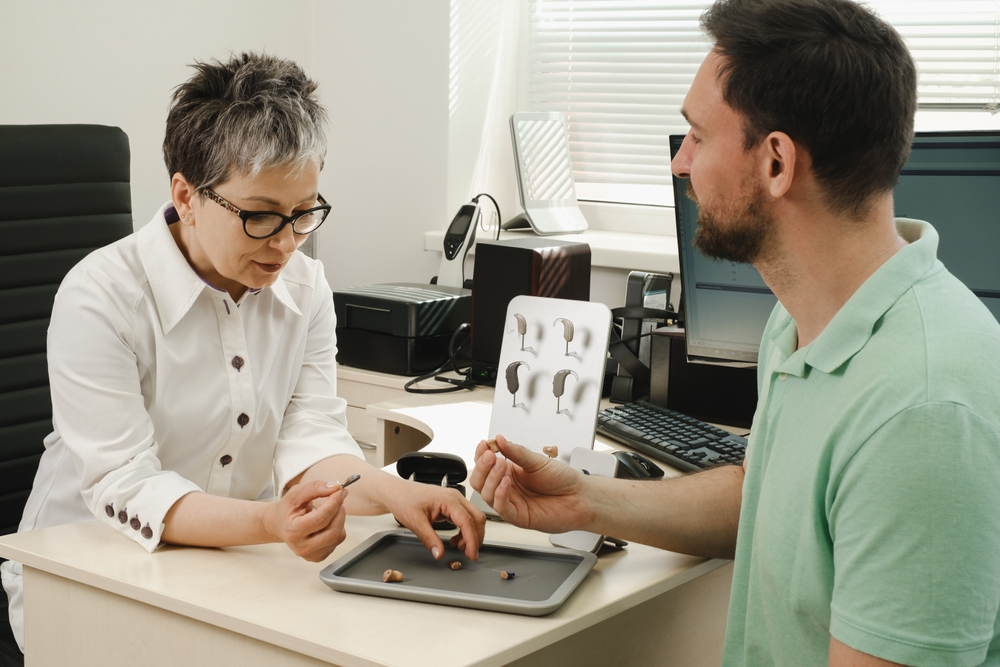When you walk down the condiment aisle at the grocery store, you may have to confront an age-old dilemma: catsup or ketchup? Lucky for you (and for your hamburgers and hot dogs), there’s no difference between these two tomato-based condiments (other than spelling and recipes).
That’s not the case when it comes to hearing aids and hearing amplification devices. Sure, they both look similar. And both categories of device have a similar mission (making sounds louder). But hearing amplification devices and hearing aids are wildly different pieces of technology. And much like a good recipe will depend on you selecting the right condiment, your hearing health could depend on you choosing the correct device.
What’s the Difference Between Hearing Aids and Amplification Devices?
Personal Sound Amplification Products (or PSAPs), sometimes referred to simply as hearing amplification devices, can look almost exactly like a standard pair of hearing aids. And they have the same basic function: making the world a little bit louder. But hearing aids and PSAPs have about as much in common as, say, ketchup and hot sauce.
It’s not that one is better than the other, necessarily. It’s more about making sure you find a solution that works for your level of need.
Here’s how we can break it down:
- Hearing amplification devices are relatively simplistic. They have the same basic shape as hearing aids because, well, that’s what works with your ears. But the technology is much more straightforward. They just take all of the sounds they pick up and make them louder. It’s like a tiny megaphone in your ear. That makes PSAPs perfect for people who might just need a little boost in specific situations. That said, hearing amplification devices are not a recommended method of treating hearing loss.
- Hearing aids tend to be much more sophisticated. Rather than making everything louder, a hearing aid is programmed to your hearing loss and will only amplify the wavelength or frequencies you need. The function is much more nuanced. Hearing aids are highly customized to each wearer and are a highly effective means of treating hearing loss. It can also take some time to get used to a hearing aid, as your ears (and brain) adapt to the new input of sounds.
PSAPs are designed to be used right off the shelf, but that’s not necessarily true with hearing aids. That doesn’t mean that one technology is necessarily better than the other, just that each is designed to address a specific need.
Which One is Right For Me?
So which one should you pick? That depends on your hearing loss.
A hearing specialist will be able to run tests that accurately capture your current state of hearing. Once you get a picture of how your ears are behaving, you’ll be able to better assess what type of device will be your best fit.
You might select a hearing amplification device if you:
- Have generally healthy hearing and don’t have any signs of hearing loss
- Have a bit of trouble hearing in noisy environments (often, these environments have a significant amount of ambient noise)
- Want a little bit of a hearing boost in specific and limited situations
- Aren’t currently at high risk for future hearing loss
One the other hand, you might select a hearing aid if you:
- Have noticeable signs of hearing loss
- Experience more difficulty hearing certain types of sounds, or need to block out background noise
- Require a highly customized sound output
- Are at higher risk for developing or exacerbating your hearing loss.
Customizing Your Approach
When you work with your hearing specialist, you’ll be able to discuss all of these variables and more. You’ll also be able to customize your device to the degree possible. A personal amplification device will have limited options in that regard. But a hearing aid will usually have a wide variety of possible configurations and setups.
Your hearing specialist will be able to help you get the most possible benefit out of the approach that’s best for you and find something in your budget. Like ketchup and hot sauce, hearing aids and hearing amplification devices are entirely different. But they do each serve a purpose.
The trick is making sure you choose the right one for your needs.



